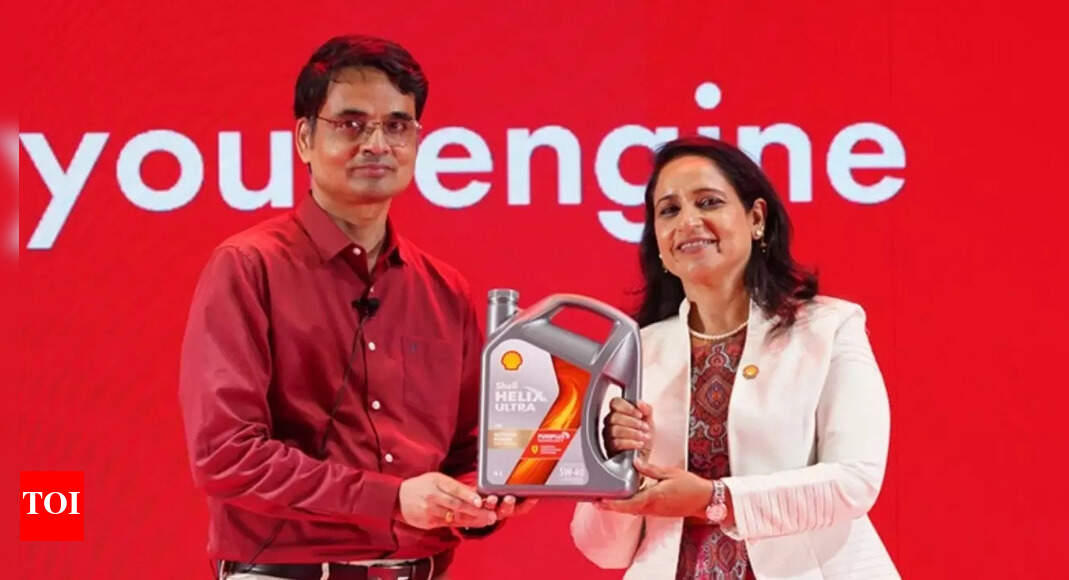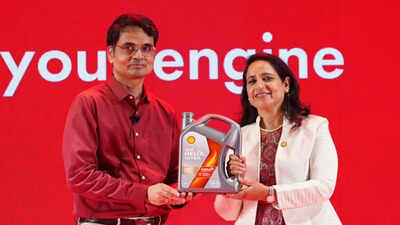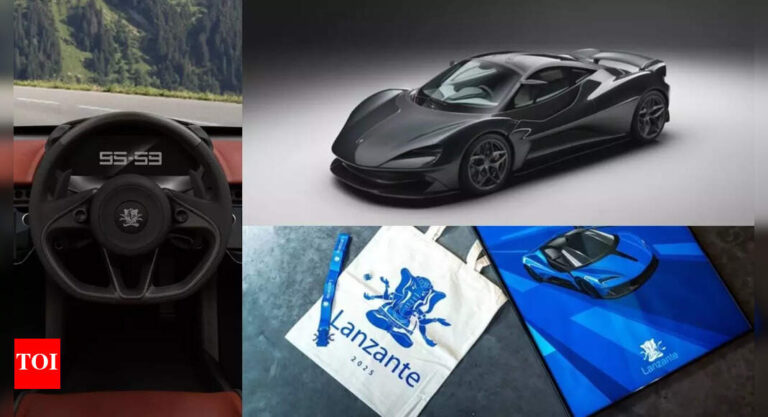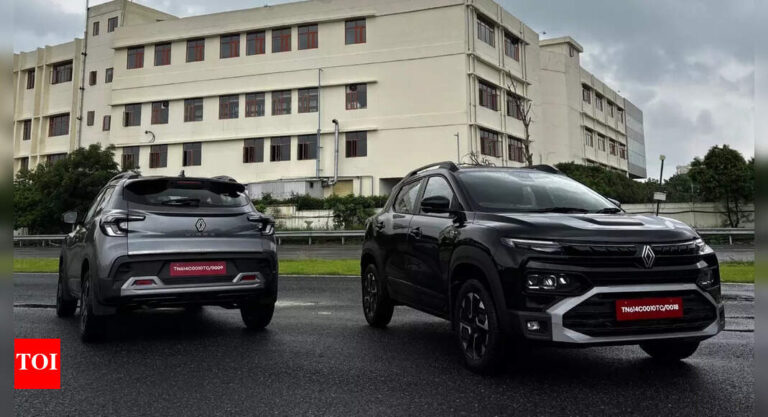
Based on an interaction with Arpit Mahendra. At a time when the auto industry is rapidly evolving, Shell India is sharpening its focus on synthetic lubricants, sustainability, and new opportunities in the electric mobility ecosystem. In a recent interaction, Mansi Madan, SVP, Shell Lubricants APAC and India Country Chair, spoke about the company’s latest product launch, its business footprint in India, and the road ahead.Shell India has introduced the upgraded Shell Helix Ultra, its premium motor oil now compliant with the latest 2025 API SQ Standard. The new product, as per the company, promises up to 1.8% more engine power, 3.4% better responsiveness, and 100% power retention. “If the engine is the heart of the car, the cleaner it is, the more efficient the power can run through it,” she explained, adding that this impacts not just fuel efficiency but also the life and performance of the engine.She highlighted that the product is developed with gas-to-liquid technology, which uses 99.9% pure base oil, and added, “We are also ensuring that it’s not only just the liquid inside, but the whole packaging. There’s a rehaul on the packaging and the material is now 100% recyclable.”
On Shell’s business footprint in India, she shared, “From a total revenue perspective, we are about 3 billion, putting all the businesses together. Over the last decade or so, we have invested close to 5 billion in India.” The company is currently organized across four major energy verticals: LNG, Spring Energy (power), retail fuel stations, and lubricants, along with global capability centers employing 13,000 people in India.These capability centers play a crucial role in Shell’s global operations. “For example, for Ferrari, when we are looking out for what is the best oil, instead of physically putting it into the vehicle and testing, we now have data simulations that can predict outcomes in a few days,” she noted.On the brand’s positioning, she acknowledged the perception of Shell as a premium brand. “We want to always provide the best product. In some segments, that comes at a premium price. But we do have a portfolio for all price points,” she said, pointing to Shell’s presence in synthetics, semi-synthetics, and mineral oils, as well as its recent acquisition of Raj Petro to strengthen its reach.With the rise of electric vehicles, Shell is also exploring new opportunities. “We do support the overall EV trend. The biggest offset for us is within EV itself through a range of fluids: thermal management, coolants, transmission oils, XL oils, grease,” she said, referencing the company’s E-Fluids portfolio. Beyond EVs, she revealed that Shell is also applying its base oil technology to areas like battery storage, immersive data centers, personal care, and more.On the long-term outlook, she stressed that lubricants will remain relevant. “When you think of heavy trucking, off-highway equipment, aviation, marine, the entire manufacturing industry; these will continue to need lubricants for a very, very long time,” she said.She also sees strong growth potential for synthetics in India. “Currently India’s synthetic penetration is in the low 20 percent, compared to 65-70 percent in China. My wish is that consumers make a conscious choice to upgrade to synthetic lubricants,” she added. Looking at the next five to seven years, she identified SUVs, premium cars and bikes, infrastructure construction, and long-haul fleet operations as key growth drivers.








